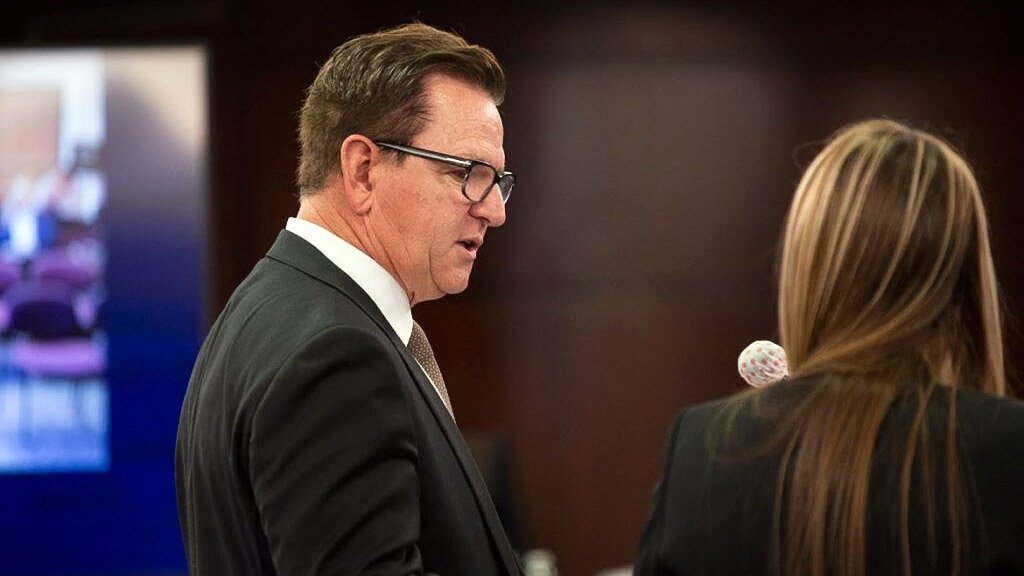Interior secretary Haaland nominates two appointees for roles in National Indian Gaming Commission

US Secretary of the Interior Deb Haaland announced her selection for two key positions within the National Indian Gaming Commission (NIGC) on Tuesday, proposing the appointments of Sharon Avery and Jeannie Hovland as associate commissioners.
Established in 1988, the NIGC plays a vital role in supporting tribal economic development, self-sufficiency and strong tribal governments through the regulation of gaming activities on Indian lands.
“The Biden-Harris administration is committed to ensuring that Tribes have the resources they need to exercise their Tribal sovereignty and support their communities,” said Haaland in a statement. “Not only does gaming support Tribal economies, but the funding it generates also helps to support the vital services that Tribal Nations provide to their citizens — from language preservation to healthcare.
"Today’s appointments to the National Indian Gaming Commission will help ensure we continue to provide resources and support for an industry that remains one of the most significant sources of economic development in Indian Country.”
Sharon Avery, an enrolled member of the Saginaw Chippewa Tribe of Michigan, brings extensive experience to the role. Currently serving as Associate General Counsel for the NIGC's Office of General Counsel, Avery previously held various legal positions within the Saginaw Chippewa Indian Tribe of Michigan, culminating in the role of General Counsel for Tribal Operations.
Jeannie Hovland, an enrolled member of the Flandreau Santee Sioux Tribe of South Dakota, currently serves as Vice Chair of the NIGC. Her background includes leadership roles at the Administration for Native Americans and the Department of Health and Human Services, where she championed initiatives to promote self-sufficiency among Native Americans and strengthen tribal governance structures.
The chair of the National Indian Gaming Commission is appointed by the President, and the associate commissioners are appointed by the Secretary of the Interior. All appointees to the NIGC serve three-year terms. Following a required 30-day public comment period, the appointments will be finalized.


















































